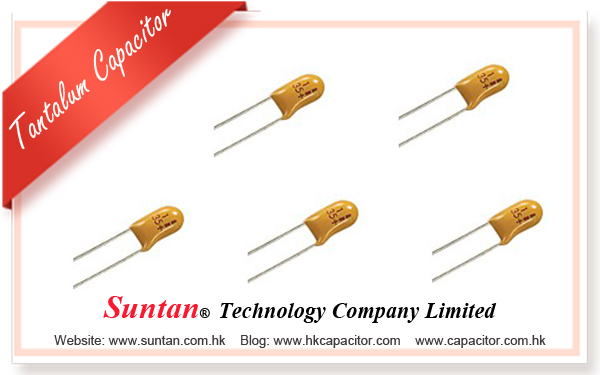Suntan The Capacitance of Aluminum Electrolytic Capacitors
The capacitance value of any capacitor is a measure of the amount of electric charge stored per unit of potential difference between the plates. The basic unit of capacitance is a farad; however, this unit has been too large for general use until the invention of the double-layer capacitor, so microfarad (μF, or less correctly uF), nanofarad (nF) and picofarad (pF) are more commonly used.
The capacitance of aluminum electrolytic capacitors tends to change over time, and they usually have a tolerance range of 20%. Some have asymmetric tolerances, typically −20% but with much larger positive tolerance as many circuits merely require a capacitance to be not less than a given value.Tantalum electrolytics can be produced to tighter tolerances and are more stable.
Suntan is a Hong Kong based manufacturer of Aluminum Electrolytic Capacitors, Including Snap-in type Electrolytic Capacitor, Screw type and LUG type Aluminum Electrolytic Capacitor, Axial & Radial Electrolytic Capacitor and SMD Aluminum Electrolytic Capacitor etc.


